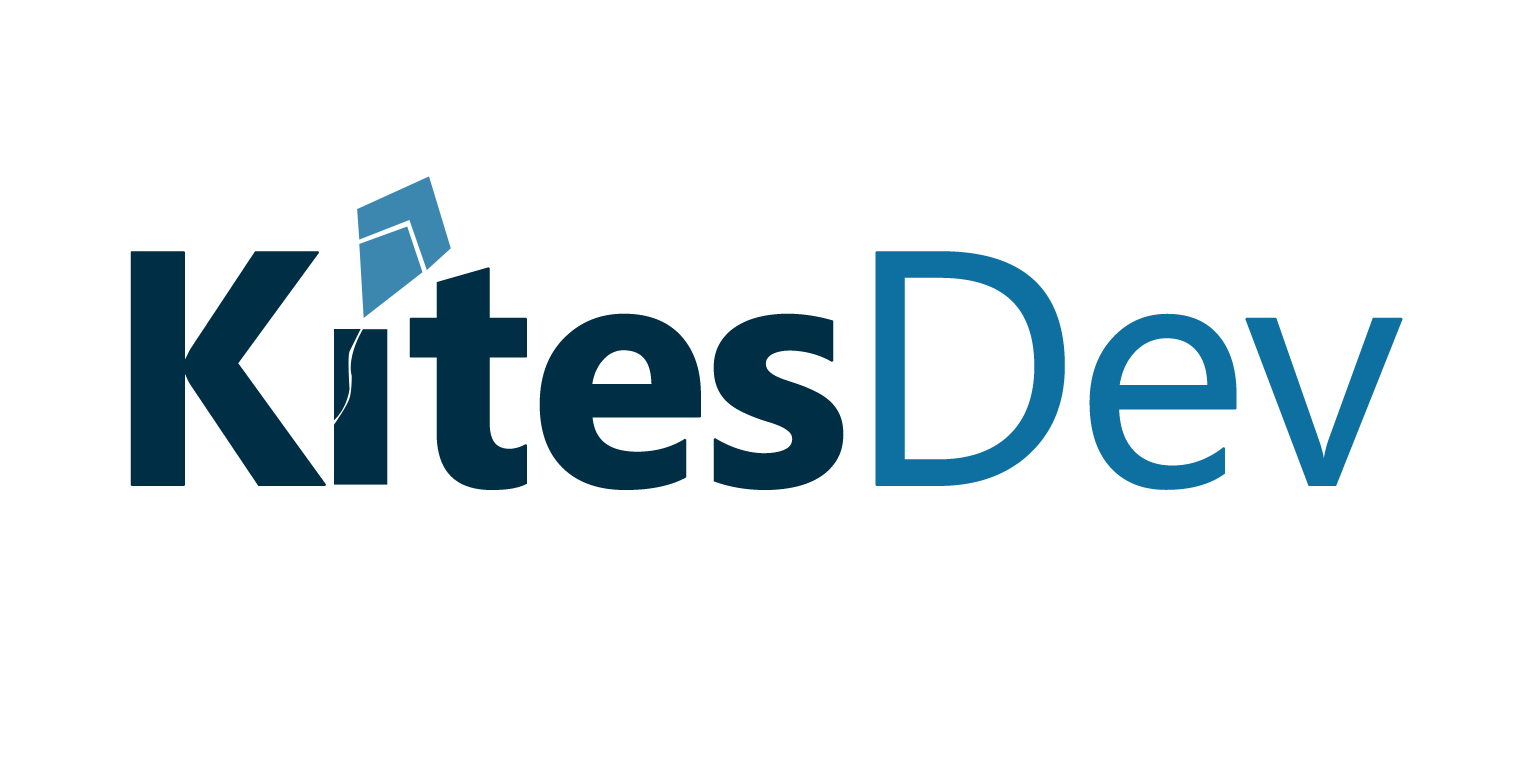How the Development of AI is Impacting the Scientific Community
Artificial intelligence (AI) is revolutionizing the way people interact with their environment, but its influence is also being felt in the scientific community. AI has the potential to revolutionize the way scientists collect and analyze data, and this could have far-reaching implications for the advancement of science. In this article, we will explore how AI is impacting the scientific community and how it could potentially shape the future of scientific research.
Data Collection and Analysis
One of the biggest areas where AI is making an impact in the scientific community is in data collection and analysis. AI can be used to collect large amounts of data quickly and accurately, which can then be analyzed to uncover insights that may have otherwise gone undetected. AI can also be used to automate certain processes, such as data analysis and visualization, which can save scientists a great deal of time. Finally, AI can be used to detect patterns and correlations in data that would otherwise be difficult to find.
Predictive Modeling
AI can also be used to build predictive models that can be used to forecast future outcomes. These models can be used to predict the behavior of systems or organisms, which can then be used to design better experiments or treatments. In addition, predictive models can be used to identify potential problems before they occur, allowing scientists to take preventative measures.
Robotics and Automation
AI can also be used to develop robots and automated systems that can be used to perform complex tasks. These robots can be used to conduct experiments, collect data, and even analyze results. This can drastically reduce the amount of time and effort required to complete a project, freeing up scientists to focus on more creative tasks. Automation also allows for experiments to be conducted in a more efficient and accurate manner, leading to better results.
The Future of AI in Science
The development of AI is continuing to advance, and its impact on the scientific community is likely to increase in the future. AI can be used to collect data more quickly and accurately, build predictive models, and automate certain processes, which can drastically reduce the time and effort required to complete experiments. As AI continues to evolve, its potential applications in the scientific field are sure to increase, and this could have a profound effect on the way science is conducted in the future.




